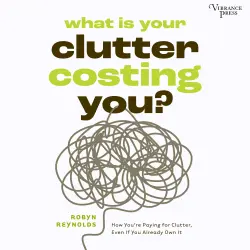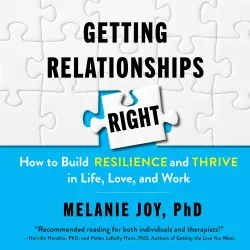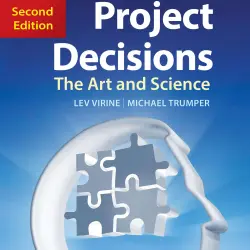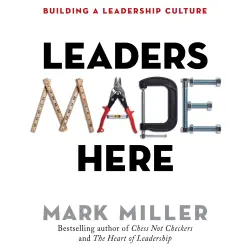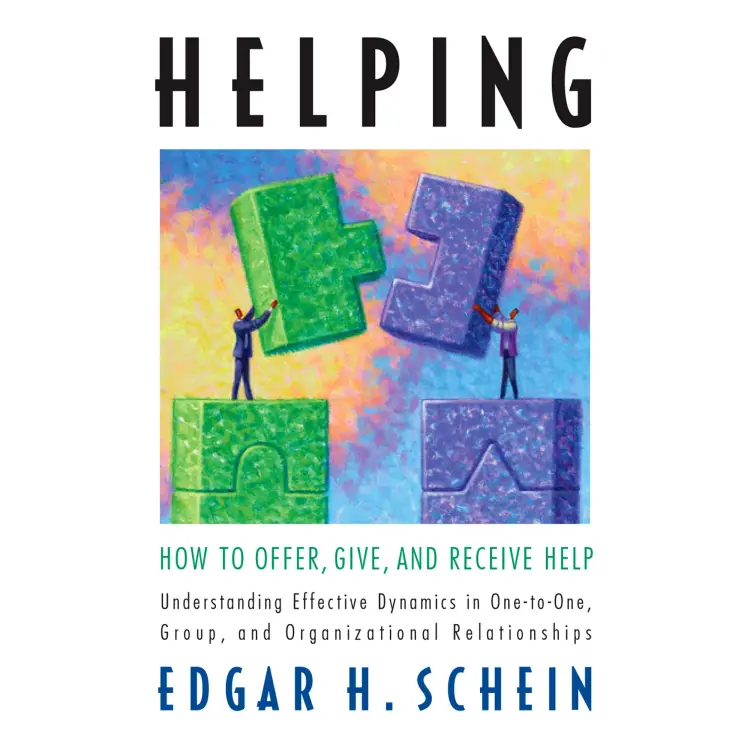
Helping - How to Offer, Give, and Receive Help
Edgar H. Schein
Unabridged
5 horas 6 minutos
Nota: La reproducción de los audiolibros o de las obras de audio en las respectivas plataformas, por ejemplo Spotify, puede generar gastos. Lismio no tiene ninguna influencia sobre qué audiolibros y obras de audio están disponibles en el servicio.
Algunos artículos contienen enlaces de afiliados (marcados con un asterisco *). Si hace clic en estos enlaces y compra productos, recibiremos una pequeña comisión sin coste adicional para usted. Su apoyo ayuda a mantener este sitio en funcionamiento y a seguir creando contenidos útiles. Gracias por su apoyo.
De la editorial
Helping is a fundamental human activity, but it can also be a frustrating one. All too often, to our bewilderment, our sincere offers of help are resented, resisted, or refused-and we often react the same way when people try to help us. Why is it so difficult to provide or accept help? How can we make the whole process easier?
In this seminal book on the topic, corporate culture and organizational development guru Ed Schein analyzes the social and psychological dynamics common to all types of helping relationships, explains why help is often not helpful, and shows what any would-be helpers must do to ensure that their assistance is both welcomed and genuinely useful.
The moment of asking for and offering help is a delicate and complex one, fraught with inequities and ambiguities. Schein helps us navigate that moment so we avoid potential pitfalls, mitigate power imbalances, and establish a solid foundation of trust. He identifies three roles a helper can play, explaining which one is nearly always the best starting point if we are to provide truly effective help. So that readers can determine exactly what kind of help is needed, he describes an inquiry process that puts the helper and the recipient on an equal footing. These dynamics not only apply to all kinds of one-on-one helping in personal and professional relationships, teaching, social work, and medicine but also can be usefully applied to teamwork and to organizational leadership.
Using examples from many types of relationships-doctors and patients, consultants and clients, husbands and wives-Ed Schein offers a concise, definitive analysis of what it takes to establish successful, mutually satisfying helping relationships.
In this seminal book on the topic, corporate culture and organizational development guru Ed Schein analyzes the social and psychological dynamics common to all types of helping relationships, explains why help is often not helpful, and shows what any would-be helpers must do to ensure that their assistance is both welcomed and genuinely useful.
The moment of asking for and offering help is a delicate and complex one, fraught with inequities and ambiguities. Schein helps us navigate that moment so we avoid potential pitfalls, mitigate power imbalances, and establish a solid foundation of trust. He identifies three roles a helper can play, explaining which one is nearly always the best starting point if we are to provide truly effective help. So that readers can determine exactly what kind of help is needed, he describes an inquiry process that puts the helper and the recipient on an equal footing. These dynamics not only apply to all kinds of one-on-one helping in personal and professional relationships, teaching, social work, and medicine but also can be usefully applied to teamwork and to organizational leadership.
Using examples from many types of relationships-doctors and patients, consultants and clients, husbands and wives-Ed Schein offers a concise, definitive analysis of what it takes to establish successful, mutually satisfying helping relationships.





